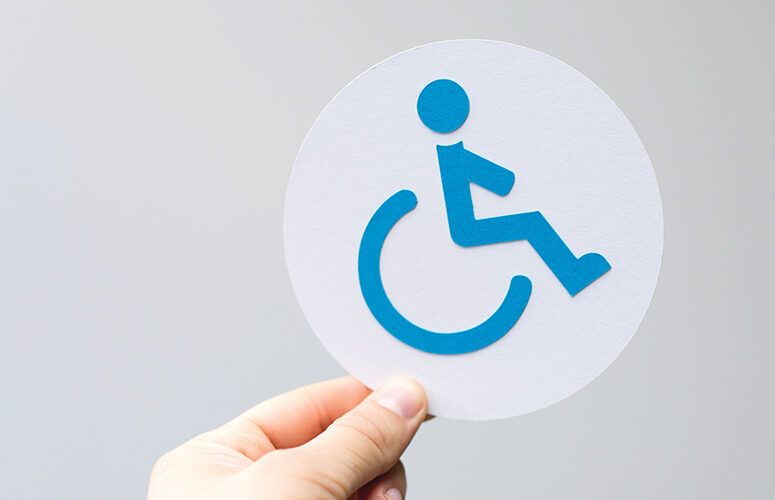
Accommodating Loyal, Disabled Customers
By Bruce Freeman On Jul 4, 2022Now that people are back in stores, it’s smart business to take advantage of the fact that there is probably no more loyal customer segment than those of us with limited mobility who want ease of entry and a helping hand from the small retailers we favor and frequent.
Sensitive service and easy access mean a lot to those of us with mobility issues. According to a census report, there are 56.7 million Americans with disabilities, almost 20% of population. We shop, eat out, and use services like everyone else. Additionally, all 49 million of the country’s baby boomers are in varying stages of health and mobility. We’re active and have money to spend. Many of us – and our friends – look for restaurants, stores and services that comfortably accommodate our mobility issues.
Businesses should realize that easy, low-cost fixes to their commercial spaces can have big pay offs in terms of increasing their customer base.
Here is a personal example of how an employee’s awareness of someone with a disability has made the difference for me regarding customer loyalty: I participate in weekly get-togethers with buddies at a local Panera (East Hanover), an eatery that is part of a chain, but which has an intimate, hometown feel. Every Wednesday when I roll in on my motorized wheelchair, Pat, one of the servers, makes it a point of taking my order. Instead of leaving the buzzer for pick-up with me, she takes it with her and when it buzzes, she delivers my order to the table. Pat’s kindness has made my friends and I loyal fans; we’d never think of going elsewhere for lunch.
As a small business, it’s simply good business to make your establishments more welcoming to mobility challenged customers.
Simple changes to accommodate the disabled include:
- Making sensitivity training to mobility challenged customers part of new employee orientation.
- Having handicap and van accessible parking near the front door.
- Making sure that door saddles are flat and do not inhibit people with canes, walkers and wheelchairs
- Making sure that aisles are wide enough so people with assistive equipment do not knock into other patrons
- Making sure bathrooms are accessible, and toilet stalls have vertical and horizontal bars.
About the Author: Bruce Freeman is a professor at the Stillman School of Business, Seton Hall University. He’s a motivational speaker and an active member of the Livingston Advisory Committee for Disabilities.
To access more business news, visit NJB News Now.
Related Articles:





